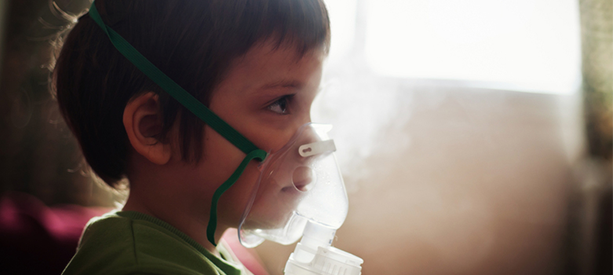Pediatrician’s biocentric mindset shapes career path

Whether strolling by the riverside or wandering in the woods, Dr. Melissa Pavelack has always sought solace in nature. “Like many, my interest in the environment was probably sparked in my childhood,” she said. “Not thinking anything of my creek walks, shoreline treasure hunts, or frequent woodland adventures, I developed a keen liking for the outdoors.”
She enhanced her connection to the natural world as an osteopathic medical student at Midwestern University near Chicago, where spending time outdoors helped her unwind and stay grounded. “Upon entering college in a big city, I noticed myself seeking solace in any riverside or outdoors oasis in my free time to fulfill a need that I did not yet understand,” she said.
Determined to further her understanding, Pavelack sought to learn about climate change and its relevance to her future medical career. She was surprised to discover that human activities, such as dependence on fossil fuels, motorized transportation, and animal agriculture, are primary causes of climate change that negatively impact human health and quality of life.
“At first glance, the immediate effects of climate change might seem minimal or rare, hence why a significant portion of the population does not consider them an important factor in their quality of life,” she said. “Despite this belief, almost every aspect of our lives is affected by the environment. I am just starting out in my career, but I have already seen children impacted by environmental exposures.”
As her environmental knowledge grew, Pavelack realized many of her own lifestyle choices were not adequately informed by biocentric principles. She shifted her approach to daily life and began taking small steps to improve her own mental and physical health and mitigate the consequences of climate change. “I took actions such as limiting meat in my diet and walking if the destination was less than a mile away, and as I made changes I found myself happier,” she explained.
As a medical student, Pavelack realized many common health conditions are preventable and often related to environmental choices and exposures.
During a fourth-year rotation in occupational and environmental medicine, she learned about the impact of the health care sector and the work of Health Care Without Harm. This caused her to notice the myriad ways she and her colleagues could be better stewards of the environment.
“How ironic that the thermometers we used contained mercury, a potent neurotoxin, and that the disposal of mercury-containing medical devices contributes to mercury pollution and harms the patients we are trying to help,” she said. “The irony only continued when I found that phthalates and other harmful chemicals that harm children are in our medical products.”
Determined to be part of the solution, Pavelack decided to become a pediatrician with a focus on pediatric environmental health. Talking about climate change with patients can be complicated, she said, but the benefits outweigh the risks, especially when the conversation opens the door to helping patients acquire healthy food, carbon monoxide detectors, or opportunities to volunteer and meet their neighbors.
“Unfortunately, the solution to many of the health effects of the environment and climate change is not straightforward,” she said. “There is no single action that all humans could take that would address the damages to our environment. Once I realized this complex issue was going to require work from all aspects, I knew that even just one short conversation to spark the idea in my patients was probably worth more than any negative effect of that conversation.”
Currently a pediatric resident at Advocate Children’s Hospital in Chicago, Pavelack has found ways to incorporate environmental health into her training by selecting relevant electives, taking detailed environmental histories, teaching principles of environmental health at Midwestern University, and working on her residency research project.

“My current research project involves identifying environmental factors that influence high-utilizing pediatric patients with asthma in order to better understand opportunities to reduce exposures and asthma exacerbations,” she explained. “I’ve chosen to focus on the impact of heat on pediatric asthma exacerbations, considering the increasing high-index heat days in the Chicago area.”
Pavelack feels obligated to educate health professionals about environmental health and has organized a variety of educational programs, including grand rounds. In addition to her clinical work and research, she is also involved with the sustainability team at Advocate Health. She knows the health of her patients is inextricably linked with the health of the planet, a truth that will inform her life and her practice going forward.
“I’m most proud of my education initiatives,” she said. “From lectures about preventable exposures in the home to arranging webinars about the health effects of climate change and informal conversations about environmental exposures, I am committed to educating my patients and health care colleagues about environmental exposures.”
Melissa Pavelack D.O. is a pediatric resident at Advocate Children’s Hospital in Chicago. Pavelack serves as an advisor to the Health Care Without Harm Physician Network and is a board member of Physicians for Social Responsibility, Chicago Chapter.
